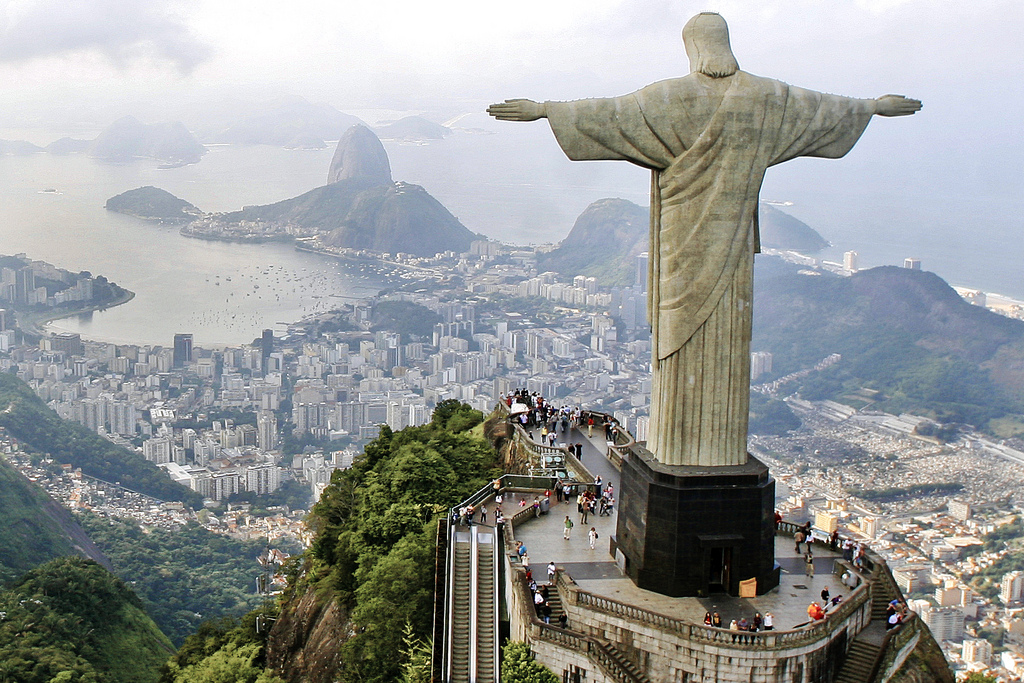
The Olympics aspire to inspire. This year, nothing has captured that spirit more than the standing ovation received by the first Refugee Olympic team at the opening ceremonies in Rio de Janeiro, Brazil.
One team member in particular, 18-year-old swimmer Yusra Mardini, captured the world’s attention through her story of having pushed a sinking dinghy to shore, saving 20 lives as she and her family fled Syria.
Through all the (indisputably worthy) praise for Mardini and the rest of the team, less energy has been invested in exploring the conditions that engineered such a team into existence.
International policies are accountable for forcing these athletes, and countless others, into refugee status. These policies were enacted by many of the same countries whose athletes paraded alongside the refugee team. The same culpability resides with transnational bodies such as the International Olympic Committee: How do we, for example, reconcile the paradox of welcoming a refugee team during an event responsible for displacing 77,000 more?
A partial answer comes in recognizing that “refugee” is not a nationality, a flag by which to march under, but a status we as a global community have forced upon these individuals.
As I wrote last year about contrasting the terms migrant and refugee, neither represents reality:
“Both migrant and refugee refer to states of being. Just like fireman or high-school graduate, these terms indicate something you are. When used in the context of [the refugee crisis], both words deceptively imply something permanent, even preexisting – as if some people just are, and always have been refugees.”
Refugee implies a status that had no cause, conveniently hiding the doer. But, when there’s an explosion, we look for the spark. When there’s a victim we find a perpetrator. In the same way, refugee is not a label that gives any answer; it begs a question. As last year’s post concluded, ‘refugee’ is a not a name; it’s something done to you.
The question can now become: Done by whom? As I’ve argued before, we should consider using phrases like people we’ve displaced or those we’ve made refugees. Imagine the impact of network commentators putting their (seemingly incessant) verbiage to use, announcing “the team we have made refugees” or “the athletes we’ve all displaced.”
Imagine the impact of the rest of us doing the same.
While such phases may be clunky, they tell the truth. And truth, after all, can be clunky. Like a wordy phrase, the truth can similarly be difficult to utter. But that doesn’t mean we shouldn’t voice it. This year, in celebrating international fellowship and breathtaking athleticism, lets hope our policies follow our praise.
This post was adapted from a previous post, entitled, ‘Refugee’ is a Not a Name; It’s Something Done to You, from September 17th, 2015.
Feel free to comment below or on the blog’s Facebook Page.
Follow on Twitter @ChrisKBacon